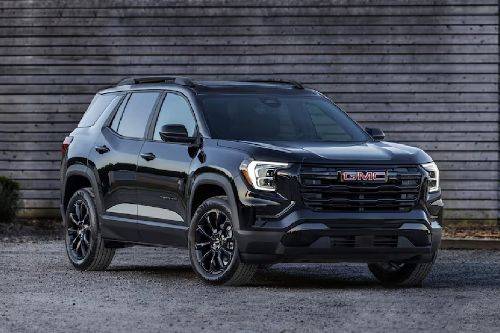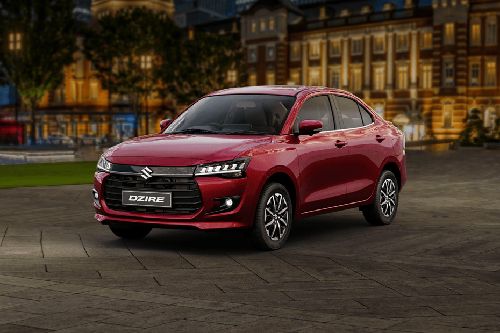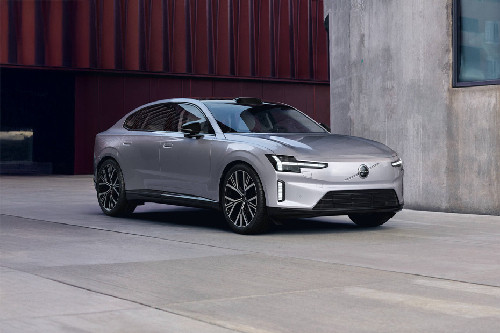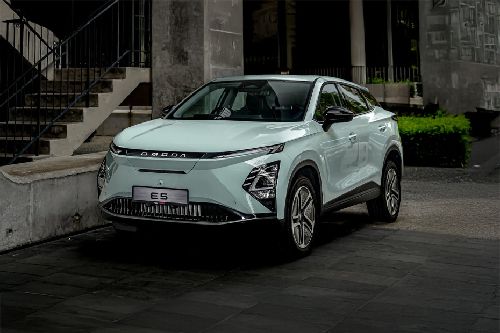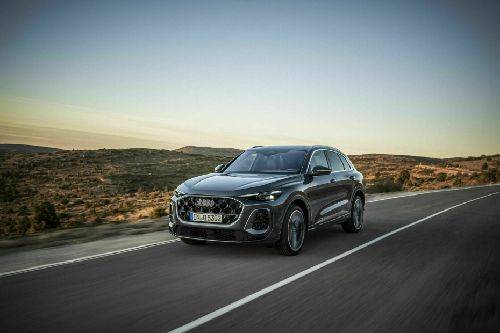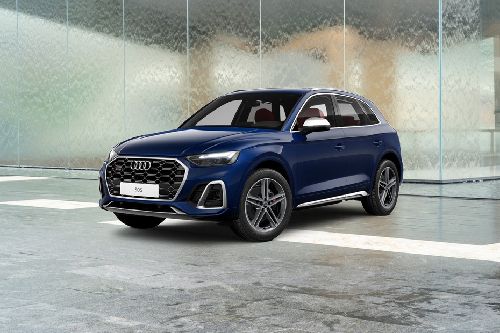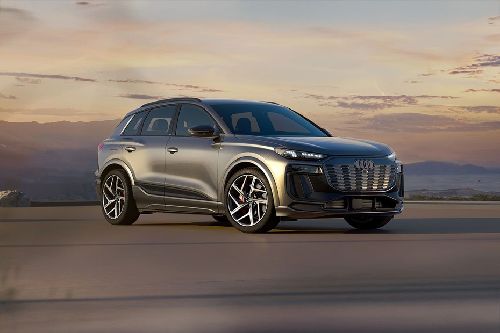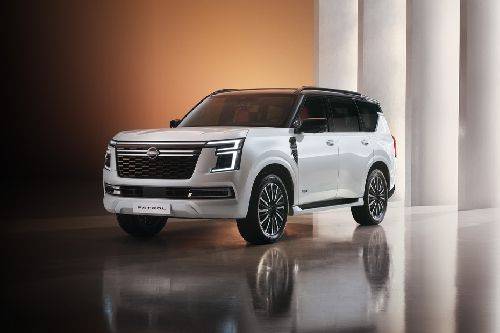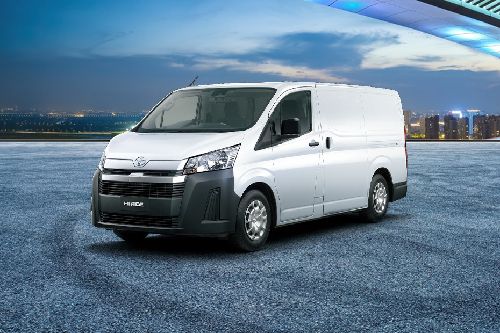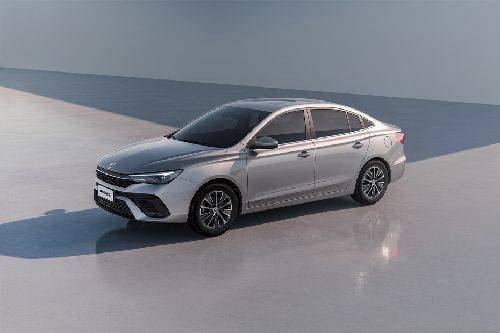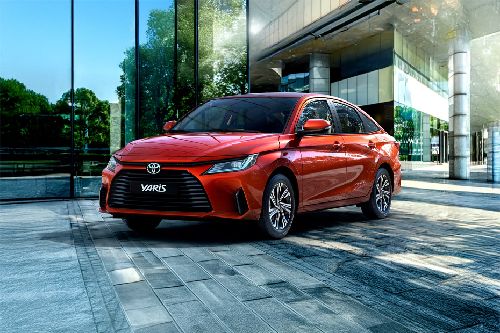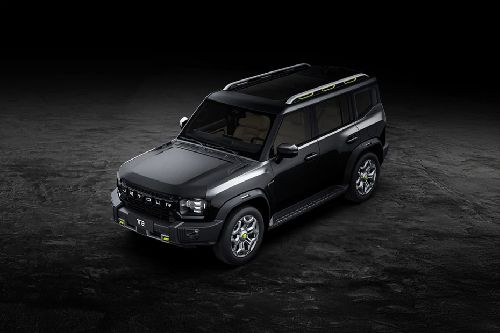New BMW Fuel Cell Electric Vehicle To Hit Market Soon

SAUDI ARABIA : The partnership between BMW and Toyota is all set to bring more fruits for both brands, especially BMW. And that is because the brand is all set to bring its very own fuel cell electric vehicle soon. For those who are confused, here is all that this partnership promises:
KEY TAKEAWAYS
What is the partnership between BMW and Toyota about?
The partnership is about developing a new generation of fuel-cell powertrain systems for hydrogen vehicles.What will be the outcome of this partnership for customers?
Customers will have a wider selection of fuel cell electric vehicles (FCEVs) from both BMW and Toyota.
- Both companies are very ambitious about their upcoming hydrogen vehicles
- They’re both backing their plans with the development of infrastructure as well
- While their cars will still have individuality, the infrastructure could very well be shared
What's the hype?
The automotive industry’s two leading automobile manufacturing giants, BMW and Toyota, are preparing for the launch of a new conquest of advanced fuel cell generation by combining their competencies. This alliance shall work on a new generation of fuel-cell powertrain systems, all targeting making the hydrogen vehicle segment a reality.
 The rationale for engaging in this partnership is to advance the development of the hydrogen market which is the driver of decarbonization efforts. As both the automobile manufacturing giants are investing their resources, they are trying to bring hydrogen into the mainstream while giving new heights for technology’s development.
The rationale for engaging in this partnership is to advance the development of the hydrogen market which is the driver of decarbonization efforts. As both the automobile manufacturing giants are investing their resources, they are trying to bring hydrogen into the mainstream while giving new heights for technology’s development.
What does this mean for the customer?
This collaboration translates into a tangible future for consumers where fuel cell electric vehicles (FCEVs) become more widely available. Both BMW and Toyota will work on refining the powertrain system specifically for passenger vehicles, with third-generation fuel cells forming the backbone of this technology. This will have a significant impact not only on passenger cars but also on commercial applications.
 Ultimately, the result of this partnership will be incorporated into distinct models from both brands, offering customers a wider selection of FCEV options. Importantly, while sharing technology, the vehicles from each manufacturer will retain their unique brand identity and appeal. BMW, for instance, plans to unveil its first mass-produced fuel cell electric vehicle by 2028, seamlessly integrating it into its existing lineup.
Ultimately, the result of this partnership will be incorporated into distinct models from both brands, offering customers a wider selection of FCEV options. Importantly, while sharing technology, the vehicles from each manufacturer will retain their unique brand identity and appeal. BMW, for instance, plans to unveil its first mass-produced fuel cell electric vehicle by 2028, seamlessly integrating it into its existing lineup.
The FCEV variant will be offered alongside current models, allowing customers to opt for a hydrogen-powered alternative without sacrificing the familiar characteristics they expect from the brand.
Hydrogen future
This hydrogen-powered future is not yet today but BMW is already preparing for this as they have recently finished their Worldwide Tour with the iX5 Hydrogen prototype vehicles. Trials have been completed on these vehicles and the company is now set on mass production of hydrogen-powered vehicles in 2028 using the enhanced powertrain element in partnership with Toyota.
 These hydrogen-fueled models will be integrated into BMW’s current portfolio of cars, making it yield another fuel cell vehicle apart from its regular models. More to it, FCEV technology is part of BMW’s electric vehicle outlook, more so battery electric vehicles (BEVs).
These hydrogen-fueled models will be integrated into BMW’s current portfolio of cars, making it yield another fuel cell vehicle apart from its regular models. More to it, FCEV technology is part of BMW’s electric vehicle outlook, more so battery electric vehicles (BEVs).
Automotive News and Reviews
- Latest
- Popular
You might also be interested in
- News
- Featured Stories
Featured Car
- Latest
- Upcoming
- Popular
Latest Car Videos on SayaraBay

















